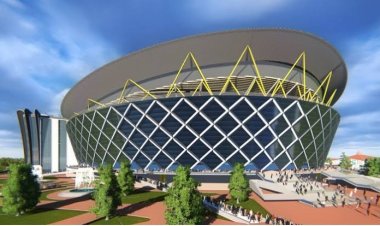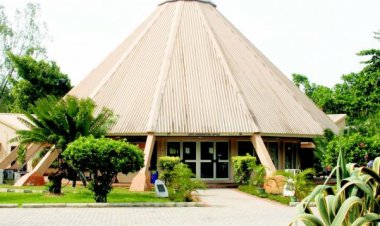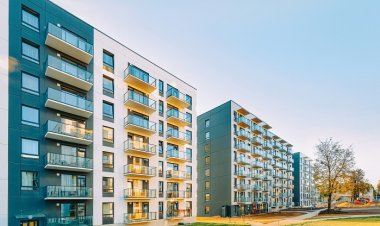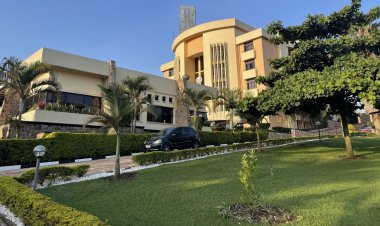Navigating Climate Change: The Impact on Real Estate Values and Investment
The interplay between climate change and real estate underscores a multifaceted relationship, necessitating robust risk assessment and adaptive investment strategies.
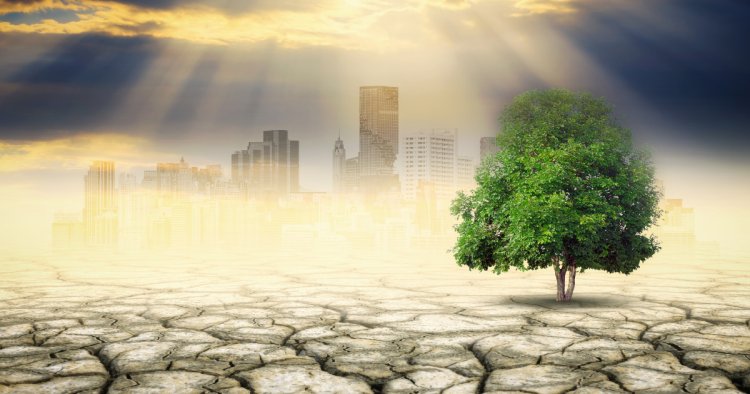
In the ever-evolving landscape of real estate, the specter of climate change looms large, reshaping traditional paradigms and demanding innovative strategies from stakeholders.
1. Physical Risk and Property Values:
Climate change manifests in tangible threats, exemplified by extreme weather events like floods, which ravage properties and erode their values. Coastal regions, particularly vulnerable, witness diminished property worth as insurance costs soar in the face of escalating risks.
2. Shifting Human Behavior and Market Dynamics:
Changing climate patterns influence migration trends, directing population flows towards regions with milder climates and lower exposure to environmental risks. Consequently, real estate values surge in these areas while plummeting in locales frequently besieged by climate-related disasters.
3. Government Regulations and Policy Impact:
Governments enact stringent policies and regulations, revising zoning laws to curtail development in high-risk zones and bolstering building codes for resilience. Although such measures escalate construction and compliance expenses, they also propel investments towards sustainable and resilient properties.
4. Rise of Sustainable Development:
The demand for green buildings and sustainable development ascends as investors recognize their long-term viability and appeal to environmentally conscious consumers. These properties, endowed with energy efficiency and eco-friendliness, command premium rents and sale prices, augmented by incentives like tax breaks and subsidies.
5. Technological Advancements and Adaptation:
Technological innovations, from predictive analytics to resilient construction materials, empower the real estate sector to confront climate change. Smart building systems and climate modeling facilitate informed decision-making, enabling investors to mitigate risks and seize emerging opportunities.
6. Socioeconomic Implications:
The economic and social repercussions of climate change reverberate through the real estate market, precipitating job losses and income reductions that impinge on housing affordability. Vulnerable communities, lacking resources for recovery, endure compounded challenges, further complicating investment decisions.
In conclusion, the interplay between climate change and real estate underscores a multifaceted relationship, necessitating robust risk assessment and adaptive investment strategies. Stakeholders must prioritize sustainable and resilient properties, remaining vigilant amidst regulatory shifts, to navigate the evolving landscape of real estate investment.
If you have a real estate press release or any other information that you would like featured on the African Real Estate Blog Post, do reach out to us via email at [email protected]








